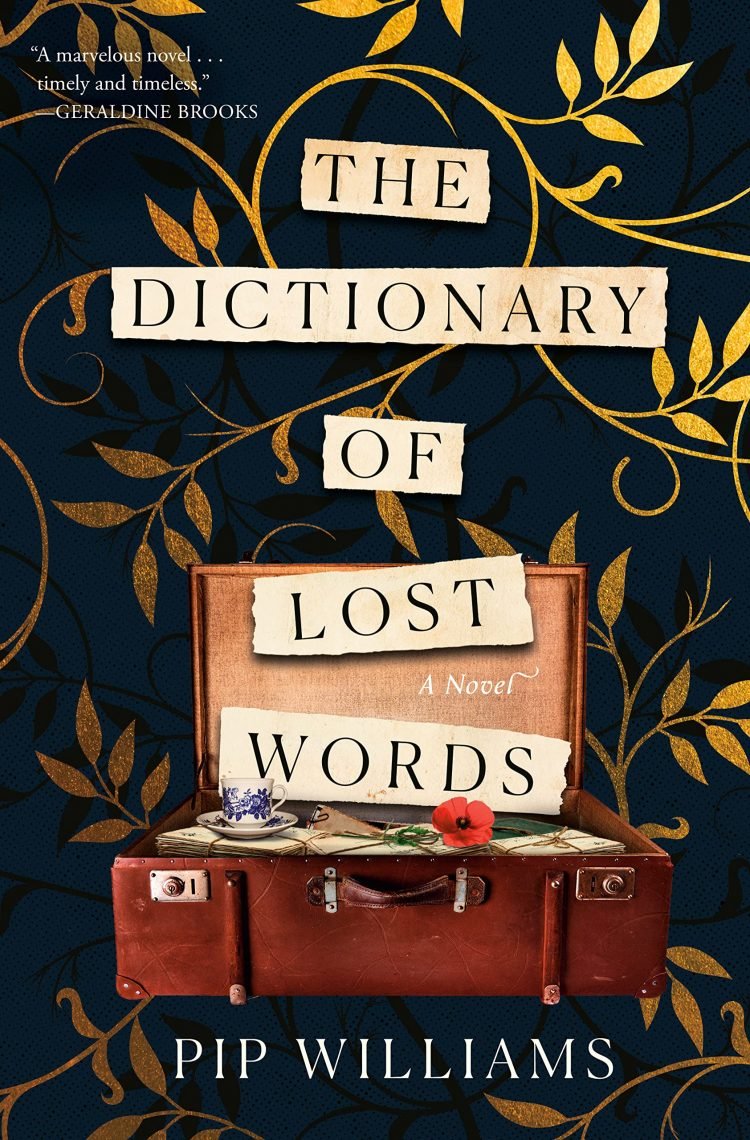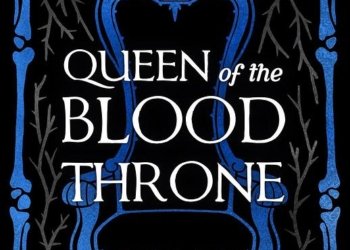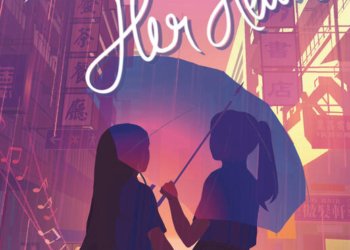No products in the cart.
The Dictionary of Lost Words by Pip Williams
Pip Williams honours the modest industry, resiliency, and priceless contribution of all people who, for whatever reason, are undervalued by society in this sharply observed and nuanced historical fiction that is based on fact. Williams’ story is said to have been inspired by “two straightforward questions. Do men and women interpret words differently? And if they do, is it conceivable we lost something in the definition process?
Esme, the main character, fascinated me with her vividly real combination of academic curiosity and quiet fears. She has a same appreciation and love for language to Liesel Meminger did in The Book Thief. Don’t you think that some words are more than just letters on a page? They have texture and shape. When you take a breath, you can feel their energetic, bullet-like nature striking your lip.
But she is by no means the only figure in The Dictionary of Lost Words that readers will come to love and even become unusually close to. Even the toughest person will need tissues after reading about the emotional openness between the characters (both female and male) that are brought to life on these pages. She declared, “My needlework will always be here.” “When I view this, I have an undefined feeling. that I’ll be here forever.
Williams analyses the significance of historical documents as well as their inherent bias by revealing and thoroughly personalising the societal and institutional environment in which they were created. It serves as a reminder of the power of words, including their ability to divide people, empower people, and bring about positive change.
The beauty of The Dictionary of Lost Words is that it honours women’s contributions without demeaning or demonising those of males. It supports acts of kindness, not out of altruism but out of respect for each person’s worth regardless of their gender or place of birth.
About The Book
Esme was raised in a verbal environment. She spends her childhood in Oxford’s Scriptorium, a garden shed where her father and a group of committed lexicogaphers are gathering words for the first Oxford English Dictionary. Motherless and insatiably curious, she grows up there.
Young Esme’s home is hidden from view and audible above the sorting table. One day, a piece of paper under the table that says “bondmaid” flutters about. She saves the slip, and after discovering that the word means “slave girl,” she starts to gather more words that the dictionary men have overlooked or neglected.
Esme learns as she gets older that many terminology and meanings pertaining to women’s and common people’s experiences are lost. She then starts looking for terms for her own dictionary, the Dictionary of Lost Words, in earnest. She needs to step outside the university’s safe haven in order to meet the people whose words will appear on those pages.
The Dictionary of Lost Words recounts a lost narrative that was hidden between the lines of a history authored by men, and is set during the height of the women’s suffrage campaign and with the Great War looming. Author Pip Williams has combed through the records of the Oxford English Dictionary to tell this incredibly unique novel, which was inspired by genuine events.
The Dictionary of Lost Words is a delightful, lyrical, and deeply thought-provoking celebration of words and the power of language to shape the world.
The Review
The Dictionary of Lost Words
10 Score
The novel starts slow but soon becomes fascinating and, finally, very moving. I especially liked it that the main character, Esme, though involved in documenting words from written sources, becomes more aware of the spoken language--and worth--of the servant who helped raise her; by the end, they've managed a real friendship. Lizzie further helps her to hear the neglected words not only of women but of the poor and otherwise excluded. Overall, we meet a range of people as characters, beyond the sometimes haughty genteel at the Scriptorium.
PROS
- Fascinating.
- Beautiful Testament To Words.
- Quiet Adventure.
- Amazingly Enchanting.
CONS
- Lacks Basic Period Detail.
- The Unnecessary Epilogue.
- Very Disappointing!
- Boring.











